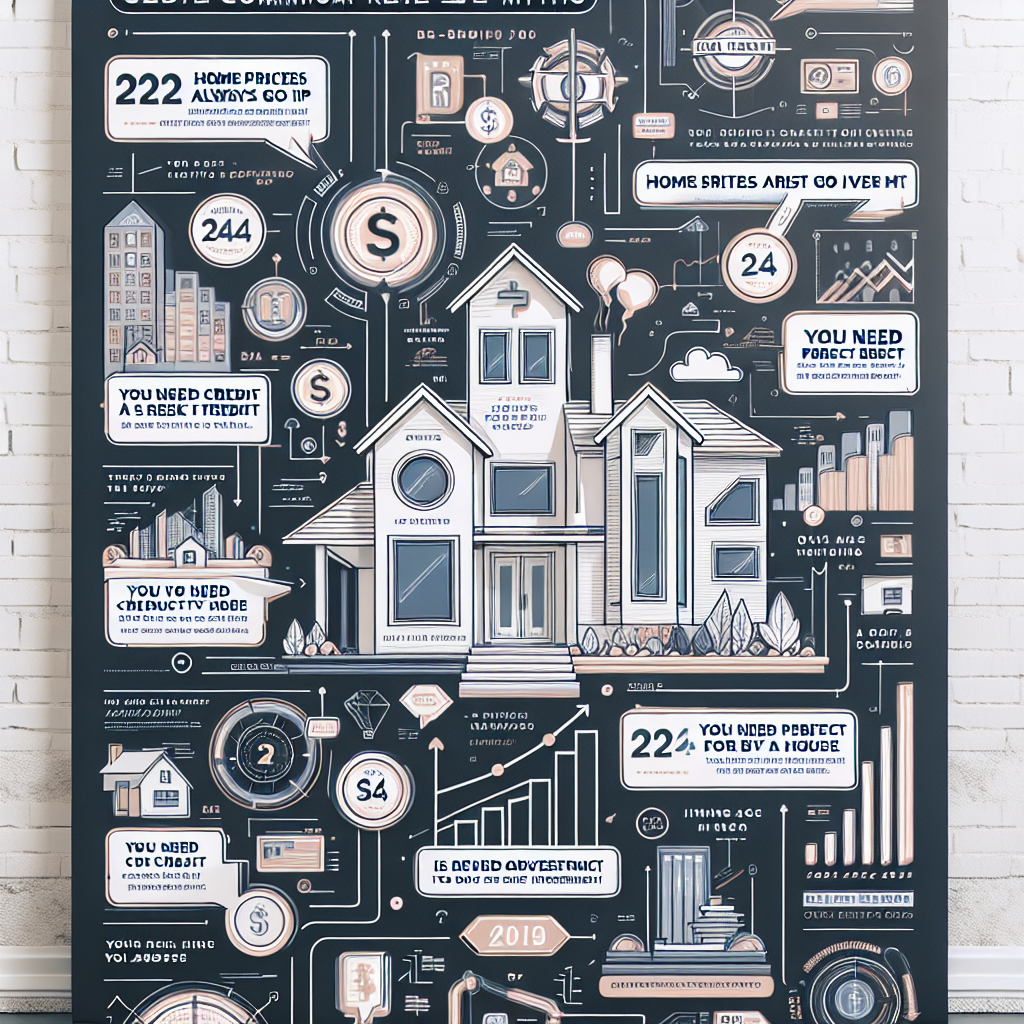Debunking Real Estate Myths in 2024
Debunking Real Estate Myths in 2024
The real estate market is a complex and ever-evolving landscape, often shrouded in myths and misconceptions. As we step into 2024, it’s crucial to separate fact from fiction to make informed decisions. This article aims to debunk some of the most persistent real estate myths, providing clarity and insight for both buyers and sellers.
Myth 1: The Best Time to Buy is Always in the Spring
One of the most common myths is that spring is the only optimal time to purchase a home. While it’s true that spring often sees an increase in listings, it doesn’t necessarily mean it’s the best time for every buyer.
- Market Conditions: Real estate markets vary significantly by location. In some areas, winter or fall might offer better deals due to less competition.
- Personal Circumstances: The best time to buy is when you’re financially ready, regardless of the season.
- Interest Rates: Economic factors, such as interest rates, can have a more significant impact on affordability than the time of year.
For example, a study by Zillow found that homes listed in late summer often sell for slightly less than those listed in spring, offering potential savings for buyers.
Myth 2: Renting is Always Cheaper Than Buying
Many people believe that renting is more affordable than buying a home. However, this isn’t always the case, especially in 2024’s dynamic market.
- Long-term Investment: Buying a home can be a sound financial investment, building equity over time.
- Tax Benefits: Homeowners can benefit from tax deductions on mortgage interest and property taxes.
- Market Trends: In some cities, rental prices are rising faster than home prices, making buying a more cost-effective option.
A case study from the National Association of Realtors showed that in cities like Austin and Nashville, buying a home can be more economical than renting over a five-year period.
Myth 3: You Need a 20% Down Payment
The belief that a 20% down payment is mandatory to purchase a home is outdated. In reality, there are numerous financing options available that require much less.
- FHA Loans: These loans allow for down payments as low as 3.5% for qualified buyers.
- VA Loans: Available to veterans, these loans often require no down payment at all.
- First-time Buyer Programs: Many states offer programs to assist first-time buyers with down payments and closing costs.
According to a report by the Urban Institute, the average down payment for first-time homebuyers in 2023 was just 6%, highlighting the accessibility of homeownership.
Myth 4: Real Estate Agents Are Unnecessary in the Digital Age
With the rise of online platforms, some believe that real estate agents are becoming obsolete. However, agents provide invaluable expertise and services that technology alone cannot replace.
- Market Knowledge: Agents have in-depth knowledge of local markets, helping clients make informed decisions.
- Negotiation Skills: Experienced agents can negotiate better deals, potentially saving clients thousands of dollars.
- Paperwork and Legalities: Agents handle complex paperwork and ensure compliance with legal requirements.
A survey by the National Association of Realtors found that 87% of buyers used a real estate agent in 2023, underscoring their continued relevance.
Conclusion
As we navigate the real estate market in 2024, it’s essential to challenge and debunk common myths. Understanding the realities of market timing, the cost of renting versus buying, down payment requirements, and the role of real estate agents can empower buyers and sellers to make informed decisions. By dispelling these myths, individuals can approach the real estate market with confidence and clarity, ultimately leading to more successful transactions.



